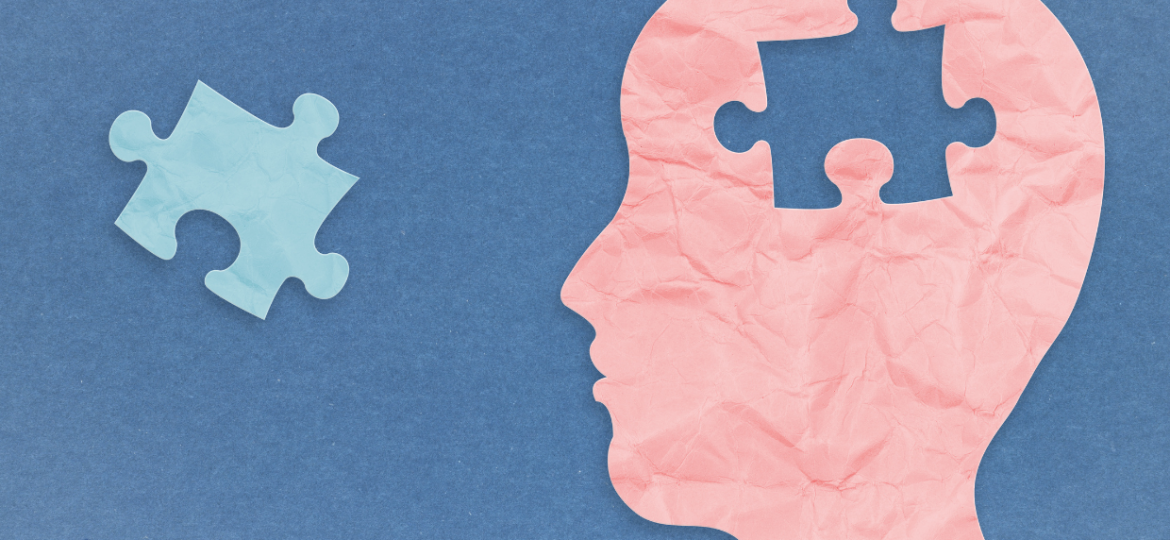
TRENTON – Legislation sponsored by Senator Joe Vitale that would allow licensed clinical social workers and other licensed counseling professionals to bill directly to NJ FamilyCare for covered services provided to program beneficiaries was released from the Assembly on Thursday, and now heads to the Governor’s desk for signing.
The bill would require the Division of Medical Assistance and Health Services within the Department of Human Services, or a managed care organization that contracts with the division to provide medical services, to accept, and reimburse, claims for services submitted by an approved clinical social worker under certain conditions, without requiring treatment services to be administered through a specific facility.
Services provided by these professionals play a significant role in the health care treatment and services infrastructure, particularly by treating the mental health of low-income individuals who are receiving care under NJ FamilyCare.
“Granting these highly trained professionals and counselors the ability to bill Medicaid directly will greatly improve our mental health treatment capacity and provide long-needed flexibility,” said Senator Vitale, Chair of the Senate Health, Human Services and Senior Citizens’ Committee. “This legislation will provide a real breakthrough in access to treatment, making sure all patients receive the care they need when they need it.”
Numerous studies have shown that multiple mental health conditions can be effectively managed with medication and other health resources. Despite this, mental health services in the U.S. are found lacking, and tend to be more available for those of relative means.
The bill does not change existing benefits. It simply allows lower-cost licensed professionals to provide those benefits. Doing so will ease the number of mental health-related issues in emergency departments (higher-cost setting) and enable people to more easily access care. These changes should also reduce instances of over-doses and other serious mental health issues.
The Anxiety & Depression Association of America reports that 8.7% of people living below the poverty line report severe psychological distress, while the CDC states that this figure is only 3.4% among all U.S. adults. This gap stems from several sources, but is noted to partially result from Medicaid beneficiaries struggling to access behavioral health service.
The bill, S-2716/A-4153, passed the Senate earlier this month by a vote of 34-0.

